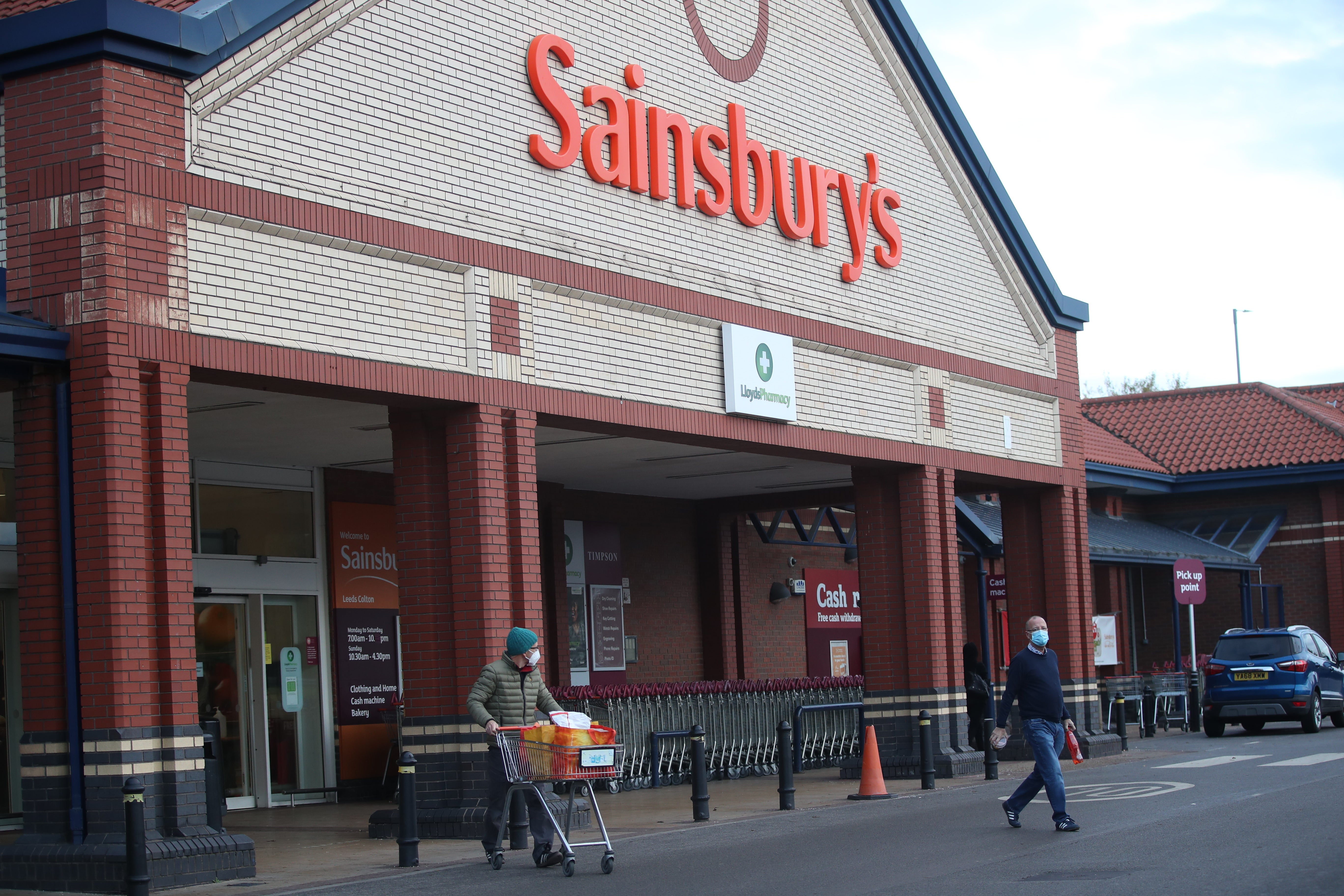Is the City missing a trick over Sainsbury’s?
The group is outperforming its privately owned rivals. Private equity will be beating a path to the supermarket chain’s door, argues James Moore


Shoppers, said Sainsbury’s CEO Simon Roberts, are “watching every penny”. In the middle of a cost of living crisis, which is permanently in the news, he wins the day’s “statement of the bleedin’ obvious” prize.
Roberts was speaking as Britain’s No 2 supermarket chain by market share delivered a robust set of annual results.
Underlying profits more than doubled against last year. They were also comfortably ahead of where the business was a couple of years ago. The trouble is that, as the company warned, things won’t look quite so rosy in a year’s time.
Sainsbury’s is grappling with sharply rising costs in an intensely competitive sector, which features a pair of rivals, Aldi and Lidl, whose business models are tailor-made for the current situation. Yes, their ranges are more limited, but when shoppers are “watching every penny” they’re more than prepared to put up with that.
The group also has to deal with a buoyant Tesco, which has the firepower to compete aggressively on price – and is the only member of the traditional “big four” (also including Asda and Morrisons) to gain market share of late.
The City naturally took one look at what Sainsbury’s had to say about the year ahead and dumped the shares – on a day when the market was in an otherwise cheerful mood.
But it’s just possible that investors are missing a trick.
Sainsbury’s is perennially the subject of takeover rumours, mostly involving private equity. While it has lost some of its market share, it has also been noticeably outperforming Morrisons and Asda, both of which are privately held.
The group may be benefiting from a slightly more prosperous customer base than its rivals. They may be less likely to defect to the pair of German discounters, even if they are “watching every penny”.
But the supermarket’s cost-cutting programme has also yielded results, providing it with room to manoeuvre. During the past year, Sainsbury’s has been able to bring pay rates into line with the voluntary Living Wage scheme (although it still eschews accreditation), at the same time as increasing its dividend. All while promising to limit the impact of price rises on its customers. An impressive feat.
Repeating this through the course of the current year will be extremely difficult. But the strategy of focusing on food, and of competing hard against rivals on the price of essentials, is sound. The cost of living crisis does not favour the company’s Argos unit, which has become increasingly integrated into Sainsbury’s stores, because it relies on discretionary purchases. There will be less of those made.
Still, if inflation eases further down the line, as it is expected to, and if Britain’s economic situation improves – somewhat harder to ascertain given the incompetence of its government – then Sainsbury’s may look like a much more interesting investment proposition in 12 months’ time.
The shares could even start to look, dare I say, a Lidl cheap. At that point, the bid rumours will probably start all over again. Private equity is always hungry, even in sectors where it has been struggling (such as this one).
One of the reasons that private equity finds it so easy to take companies like Sainsbury’s private is surely the failure of the investors in the public markets to see the value in what they have. You’d think they would have learned by now, but they still seem only too willing to put their assets up on the sale rail.
Join our commenting forum
Join thought-provoking conversations, follow other Independent readers and see their replies
Comments
Bookmark popover
Removed from bookmarks